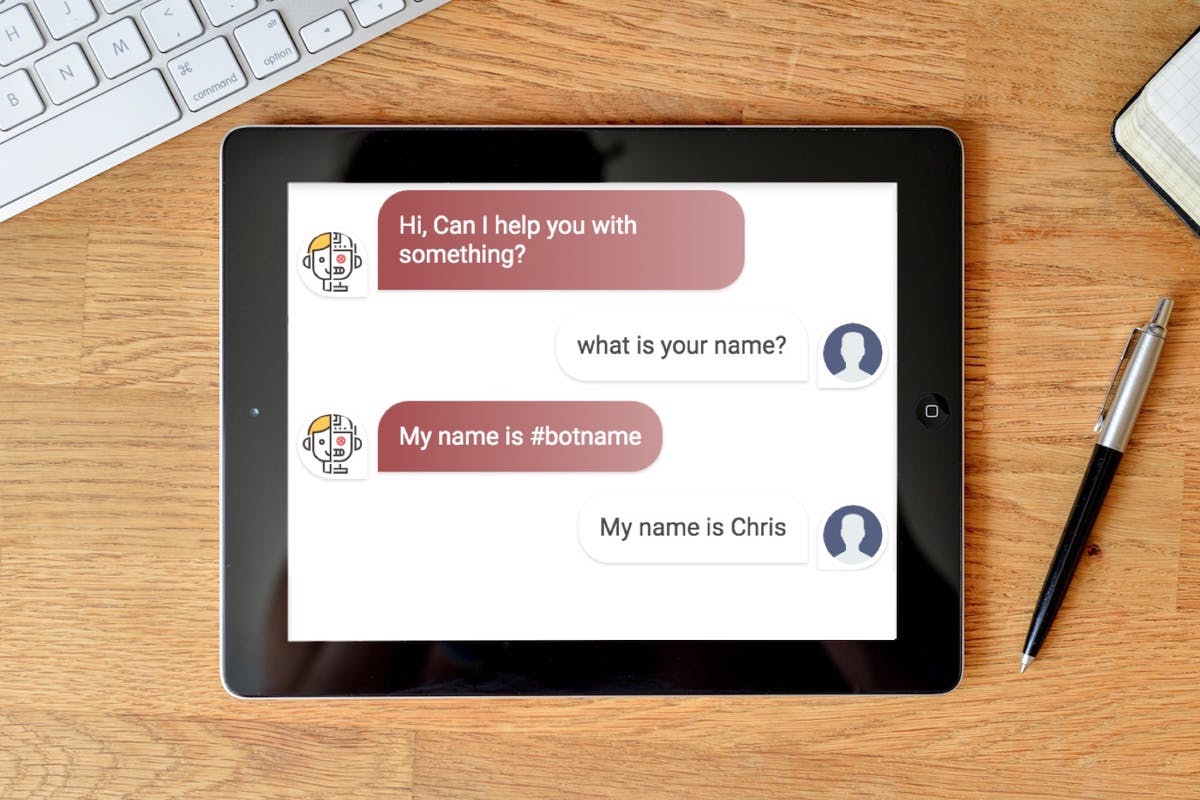Chatbots are the new trend, with most businesses and organizations wanting one, but only a few industries can really take advantage of this new technology, health services being one of them.
Chatbots have many use cases (see them here). They presents a conversational interface in which the user and a chatbot can interact through an audio or text.

Currently, they can be integrated on popular platforms such as Facebook Messenger, Slack, Telegram, WhatsApp, websites, etc. Basically they can be in all channels that have some sort of chat functionality.
Chatbots are quite popular in e-commerce, but in recent years they have spread to other types of businesses such as banks, real estate and of course private health clinics and health service providers.
How can clinics benefit from chatbots? Well, Chatbots are responsible for interacting with potential and current patients, help them find doctors, schedule medical appointments, access information on appropriate treatments and even get public health advice.
Of course, there are those who are still suspicious of using artificial intelligence in a sector where what is at stake is health. That is why many institutions prefer to continue working in the old ways with human support and delay automation of some of their processes.
However, there are many areas that can be automated and improved to accelerate assistance. Here are some real-life applications of a chatbot in a clinic or health center.
24/7 Availability
Research reveals that 59.30% of patients try to contact your clinic after business hours to schedule an appointment. In general, other research on chatbots reveals that 65% of consumers prefer to interact with a chatbot than with a human, and 23% of potential customers leave a channel when they have to be subject to a waiting list.
With a chatbot, you can not only offer immediate attention, but you will be always available and when it comes to health, speed and availability are essential.
Serve several patients at the same time
Patients want to have their questions and requests be taken care of immediately. They don't want to wait on a queue, find phone numbers busy and have to call several times to get in touch. And to provide the attention they need, you don't have to have a large telemarketing team to answer the phone during peak hours.
You can solve that problem by installing chatbots on your communication channels and even the phone (See Phonebot).
Reduce costs
Did you know that with a chatbot you can reduce attention costs by up to 80%? By not having to hire agents, you only have to dedicate those saving on more urgent areas, such as equipment. The best thing, chatbots don't resign, don't sleep, and they constantly improve by using Artificial Intelligence and Machine Learning.
Standardized care
A chatbot is designed to be human but is not human. That is why it can offer standardized attention, always with patience and a good mood. A chatbot bot does not make human mistakes and can give answers intantly. They don't get tired or upset.
Automation
Automation saves a lot of time and is something that patients and managers greatly value. You can automate routine processes such as scheduling appointments, answering questions and sending reminders.
Recruitment of new patients
One of the most promoted uses of chatbots is lead generation, which in this case would be the recruitment of new patients. A chatbot can be in charge of presenting the service to those who do not know it, answering questions and capturing information of your potential patients, so that you can then get in touch with them or they can contact you.
Inform about medications
Patients often get in touch because they have quick questions about medications and treatment. These questions are not always satisfactorily resolved because it is difficult to establish communication.
With a chatbot, you can give very specific and relevant information to patients about prescription medications, just by asking for the name of the medication on the interface.
Beyond assistance
Many times patients need additional information and post-care not strictly related to the services offered by the health center, for example where to get a new oxygen tank.
Health centers usually have partnerships with equipment and medication manufacturers, but they fail to inform their patients on this. A chatbot can be in charge of offering additional products and equipment for the health center. This is not only valuable for patients, but can also provide you an additional stream of revenue.